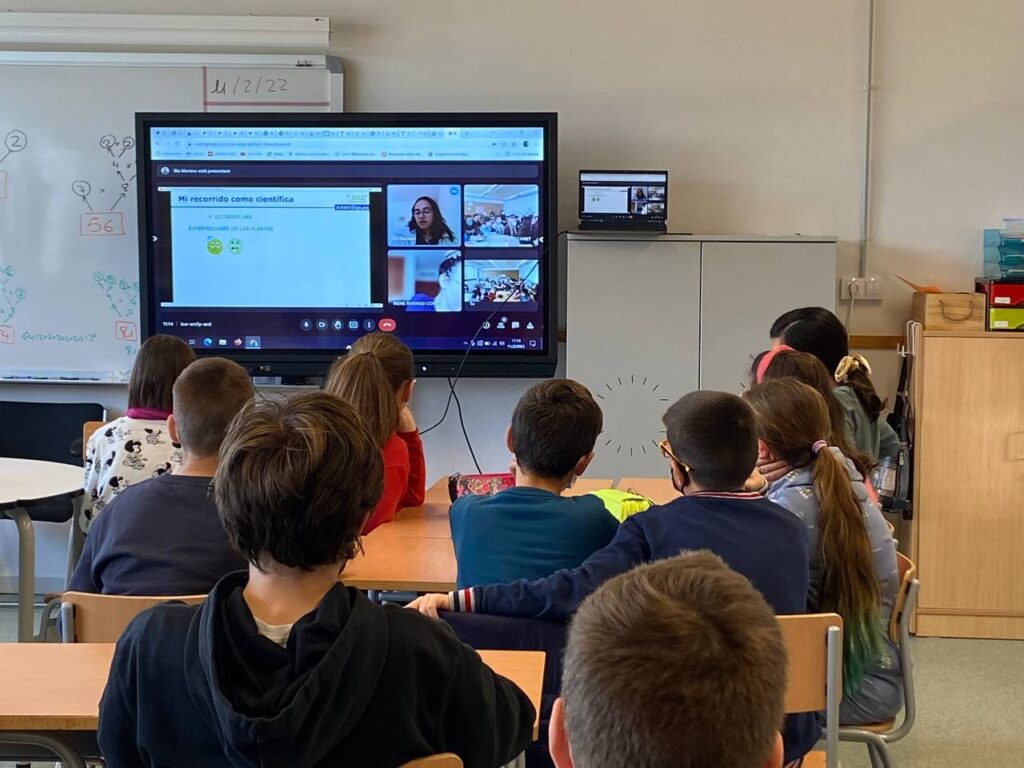The 11 of February was declared in 2015 as the International Day of Women and Girls in Science by the United Nations, and once again BRIGHTER researchers reinforced its commitment to this date participating with two talks and a hand-on activity oriented to young students.
In 2022 we celebrate the 7th International Day of Women and Girls in Science with the big challenge of eliminating gender stereotypes and long-standing biases that keep girls and women away from science. Worldwide, this day is dedicated to achieving full and equal access to science for women and girls. The different actions and events proposed aim to promote the empowerment of women and girls and their participation in science, further achieving gender equality.
This time, BRIGHTER project contributed with activities for young students from different age groups to help normalizing the presence of women in scientific fields.

On one side, Nuria Torras, researcher at the Biomimetic systems for cell engineering group from Elena Martinez at IBEC in Barcelona, oriented her participation 30 6-7-years-old students from the school “El Vapor” in Terrassa, near Barcelona. First, she gave a talk titled “The scientists and their experiments” with an overview of what is a scientist, and talked about the research work she does in the laboratory in general and in the frame of BRIGHTER project.
Afterwards, she conducted a hands-on activity with the same students to explore the cell. During the activity “How I am? The cells and their functions” she explained basic concepts about the cell and the human organism.

On the other side, Bia Moreno, Communication Officer of the BRIGHTER project and PhD in Molecular Biology, gave a talk in the frame of the event 100tifiques, organized by the Catalan Foundation for Research and Innovation (FCRI) and the Barcelona Institute of Science and Technology (BIST), an initiative that aims to bring science closer to schools and claim the female scientific talent.
She gave an online talk to about 50 11-12 years-old students from the “La Canaleta” school at Vila-Seca, in the city of Tarragona. The talk was mainly centred in explaining her experience as a researcher and the path she has travelled to become a scientist. The audience was very interested and participated with interesting questions as:
How hard It was to become a scientist?
Has anyone tried to prevent you from being a scientist?
Why scientists change so many times amongst laboratories and countries?
Is it easy to have a family while being a scientist?
These questions reveal the importance of such kind of dissemination actions towards students, to help them see the scientific career as a “normal” career, and forget the stereotype of a crazy scientific man alone in his messy lab…